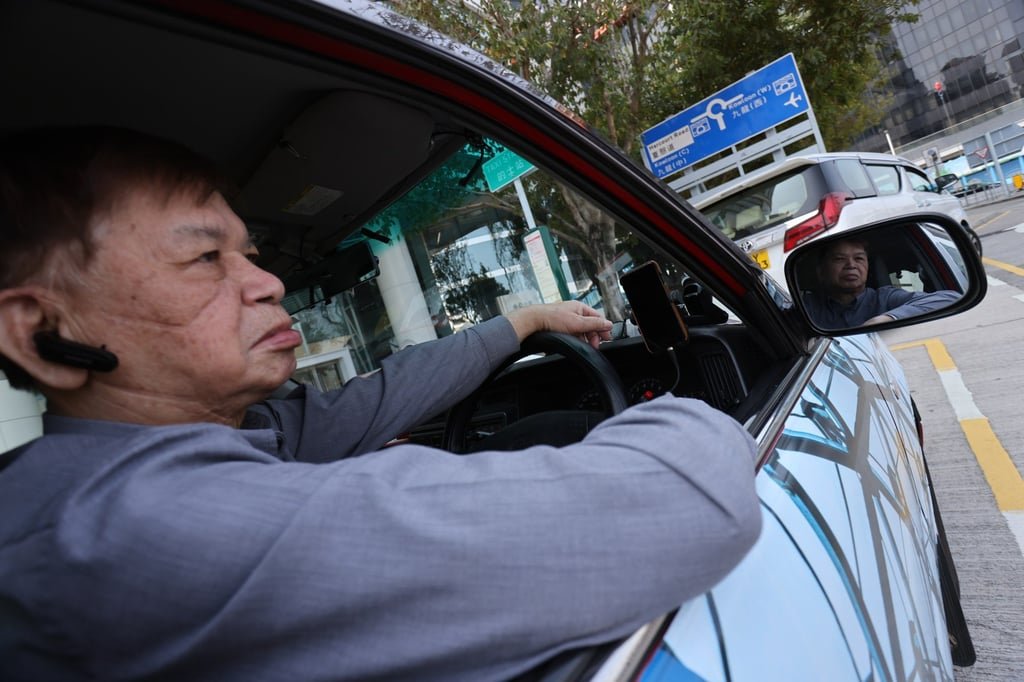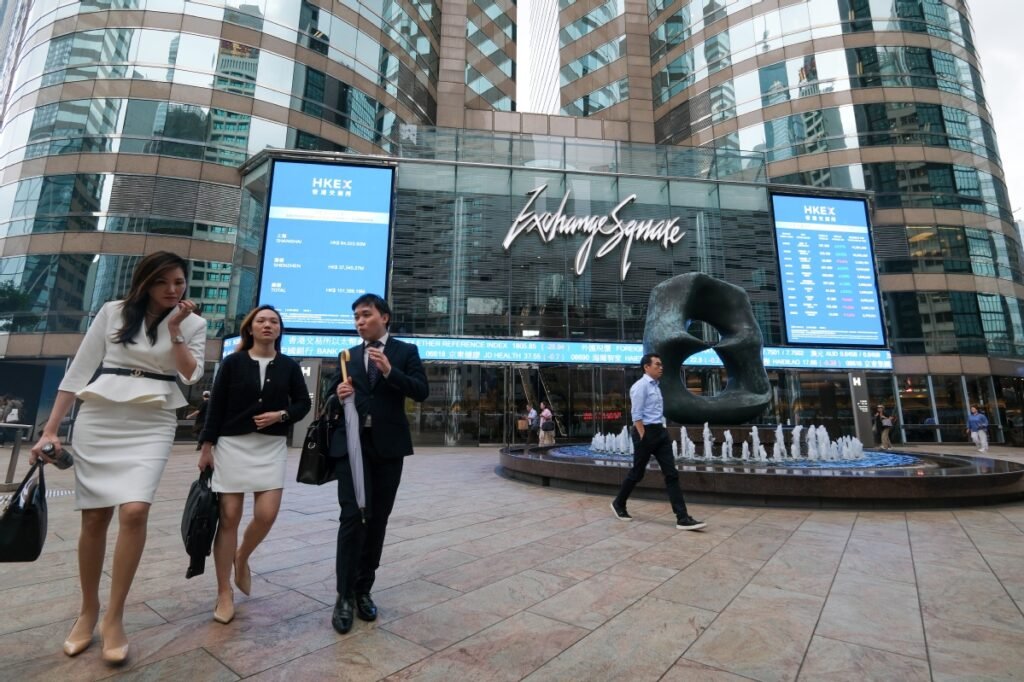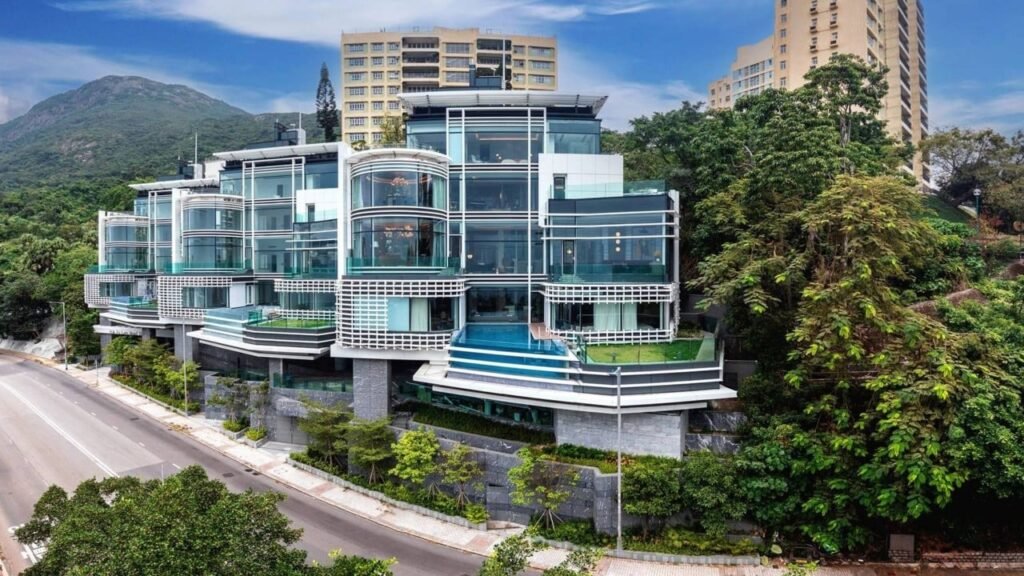
Swiss bank UBS got a steal in 2003 when it leased 146,000 sq ft across six floors in Two International Finance Centre – then the tallest building in Hong Kong – for less than HK$20 (US$2.55) per square foot. The landlords, MTR Corp and a consortium led by Sun Hung Kai Properties, signed the 10-year agreement as the outbreak of severe acute respiratory syndrome (Sars) was ravaging an already weak market.
Fast-forward a decade, and UBS had to pay five times more to extend the lease, thanks to a booming office market amid a blazing-hot economy.
The current slump breaks that paradigm.
“This downturn presents challenges unlike any seen since the 1990s,” said Henry Chan, a commercial real estate economist at Capital Economics. “The market is grappling with simultaneous structural and cyclical headwinds, leading to a prolonged decline in property values. A return to the peak levels seen in 2018 seems improbable within the next decade.”







